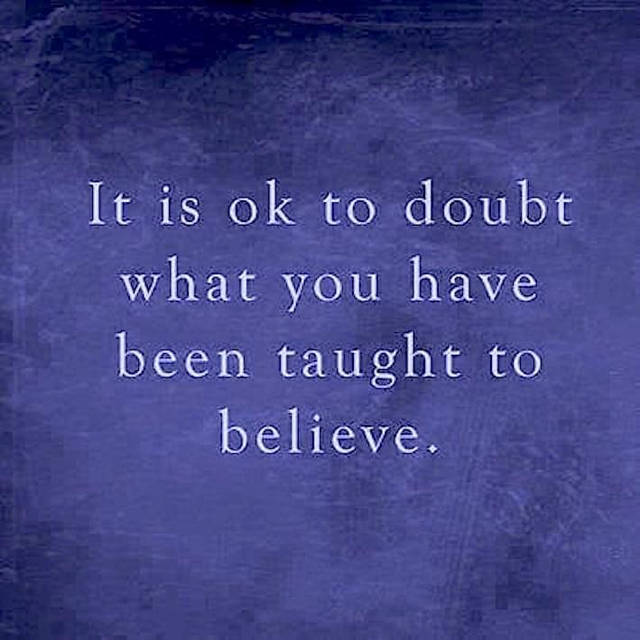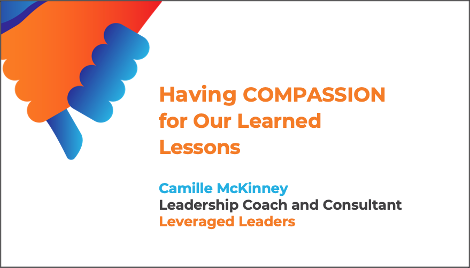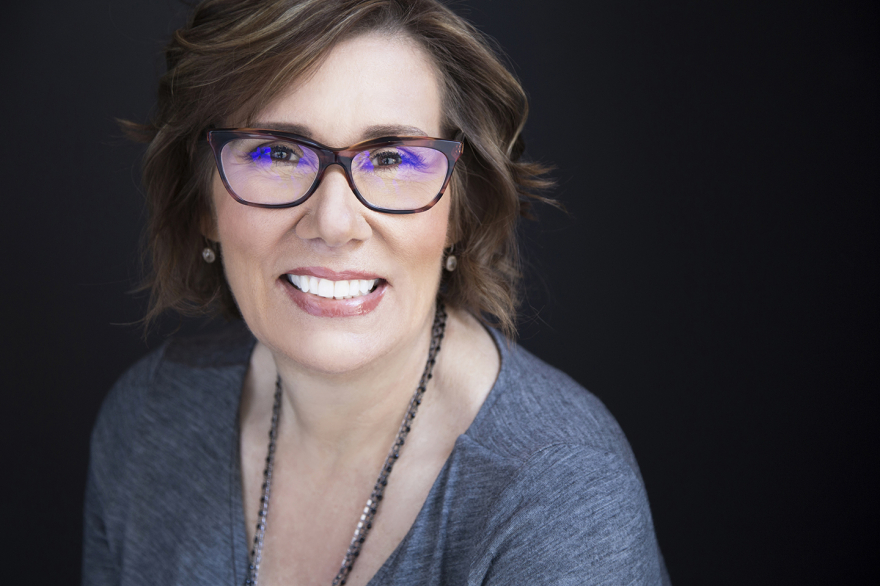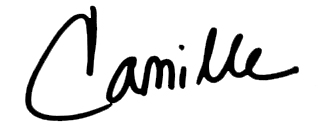Let's LEAD - June 2022

"Work hard and you'll be successful."
That belief was the filter through which I made all decisions, in ALL areas of my life.
Let's unpack this, shall we?
I was my father's daughter, and he would often say "all I want is for you to be successful."
As I look back, I don't remember him actually defining what 'successful' meant, so I interpreted it as anything that made him proud of me.
For my dad, that was ACHIEVEMENT, and for me that meant working hard to meet his expectations.
And yes, I was that annoying classmate whose hand would shoot up for any volunteer request...as hall monitor (I had one of those red plastic sashes) or to return the reel-to-reel video projector to the audio-visual room.
I felt so special, like I had a backstage pass. I felt powerful.
...AND I felt a lot of pressure.
For me, working hard meant:
- Having all the answers
- Saying 'yes' to everything, even when I wanted to say 'no'
- Stepping in to prevent others from feeling overwhelmed
- Solving everyone else's problems (even when they didn't ask for it)
-
Giving advice (even when they didn't ask for it)
AND...being successful meant:
- Getting good grades
- Receiving a strong performance review
- Getting positive feedback from others
- Being recognized for all that 'hard work'
Did this belief serve me?
Yes, it worked for a while. My goal was to make my dad proud, and I was 'successful' at that.
When I got older, this strategy was less effective. Sure, my bosses loved me...I could be counted on to 'get it done.'
And I was miserable.
Last month, we talked about APPRECIATING our strengths and talents as we ACCEPT who we are. On the flip side, we also must become aware of the limiting stories and beliefs that have driven our choices and decisions up to this point.
Now it's time for some self-COMPASSION.

Once my 'working hard = success' belief was revealed (and unpacked), I started 'should-ing' all over myself.
- 'I should have known better.'
- 'He (my dad) should have seen how miserable I was.'
- 'I should have figured this out years ago.'
After reasoning this out with some wise women who came before me, it became clear that some COMPASSION was in order:
- HOW should I have known? My 'working hard = success' WAS working...up to a point.
- My dad was projecting onto me what HE valued: hard work, education, success. I could blame him all day long, and it doesn't change that now I'm an adult with free will.
- Up until that point, I could easily justify my choices and decisions. I learned the truth at EXACTLY the time I was ready to learn it.
So as leaders, how do we demonstrate COMPASSION for ourselves and those on our team who are learning their lessons?
Check out this video:

3 Tips - Accepting and re-framing our limiting beliefs
"I am my problem, and also my solution."
This is great news! Now hear me out...
My dad may have planted the seeds of my 'working hard = success' belief, but I watered and nurtured it. Now, only I can prune and 'right size' it.
Do I need to pull it out at the root? Of course not! There is still some value here.
It's when 'working hard' is prioritized over all else, at the risk of other life priorities, that it becomes a problem.
There is a 12-step slogan called the 3 A's, which stands for Awareness - Acceptance - Action. I can't think of a better framework for this month's tips:
-
Know your stories. In my January and February newsletters, I talked about the importance of presence and reflection in becoming more self-aware. It is through these practices that our limiting beliefs can be revealed.
Take some time to reflect on these questions:
-
What habits or patterns of behavior are contrary to WHO I want to be? For example, if I want to be a healthy person, what am I doing that prevents me from being a health person?
-
When I'm feeling stuck, what thoughts am I thinking? For example, if I find myself re-working the same paragraph in an email, what thoughts or beliefs justify it?
-
When I'm feeling resistant to change, what am I telling myself about the change? For example, if an unanticipated change comes up, what fears come up? Are they true?
-
Acknowledge the impact. Let's continue to use my 'working hard = success' story. If I continue to feed and nurture this belief, what is the cost?
- Maybe it's quality time with my family.
- Maybe I'm standing in the way of a team member's success by 'telling' vs. 'coaching.'
- Maybe I'm modeling this behavior for my team, giving them the impression that I expect the same sacrifices from them.
This is where COMPASSION comes in the play. Instead of justifying the behavior, maybe it's time to ACCEPT it for what it is...a justification to keep it alive. Acknowledging and accepting or forgiving ourselves for long-held beliefs that no longer serve us is what prepares us for tip #3.
-
Take action. Dr. Phil often says 'you can't change what you don't acknowledge.' It's true. When I finally acknowledged that my hyper-achieving wasn't giving me the results I wanted, I was able to make different choices...with intention.
Now, a key question I ask when I'm headed down the rabbit hole of hyper-achievement: What's my motivation? If my motivation is rooted in a need for some level of external validation (see my old definition of 'success' above), then I've still got some work to do.
When we practice Self-Acceptance, we set the stage for making desired change through acknowledgement and accountability. We start to EMBODY our self-leadership, building our confidence in who we are as leaders.
Cool Resources
What I'm reading (articles, books*):
As an admitted (and validated) Hyper-Achiever, the idea of slowing down is easier said than done. This article provides five tips for doing just that: 5 Steps to Start Slowing Down and Leading Better. I love the sub-title: "the best way to move faster is to take your time." Touché!
*I use Amazon links (no affiliate relationship); please check with your book retailer of choice
Quote:
"I’m stronger because I had to be. I’m smarter because of my mistakes. I’m happier because I have overcome the sadness I’ve known, and I’m wiser because I have learned from my life."
-- Unknown
...and something more:
"The student asked her teacher which mistakes should be avoided along the path? “Avoid trying NOT to make mistakes,” she answered.
The formula for doing anything meaningful is often two steps forward, and one step back. In other words, the cost of those two steps forward is the inevitable mistake.
And if we’re doing anything meaningful, one of the biggest mistakes we can make is looking for a mistake-free path."
- - Light Watkins, Light's Daily Dose
Connect with me...
 Is there anyone you know who might enjoy this newsletter? Please forward it to them! Is there anyone you know who might enjoy this newsletter? Please forward it to them!
Did someone forward this newsletter to you? Opt in here to subscribe AND get my free assessment: "Self-Leadership: The Path to Clarity and Confidence."
Do you know anyone who might benefit from working with me? I always appreciate referrals! This reference describes the services I offer, and includes an easy 'copy/paste' email template to initiate a quick introduction.
I also share great articles in LinkedIn from inspiring thought leaders on various leadership topics, especially on issues that are timely and relevant. Please connect with me!
Finally, if you're interested in scheduling a call to talk about how coaching can help you create the transformation you desire, click here...I'd love to support you!
I look forward to connecting!

|